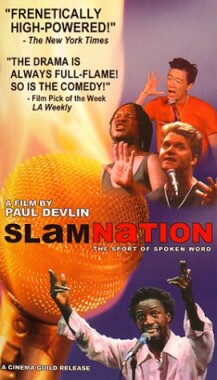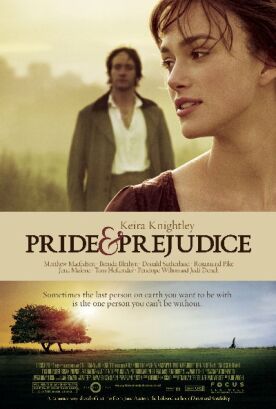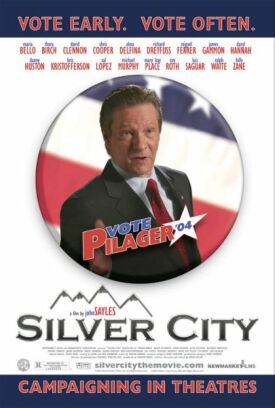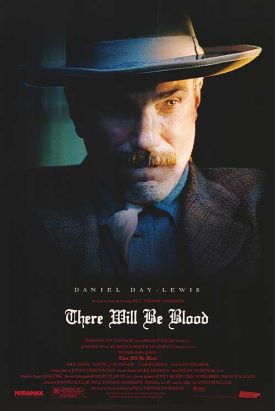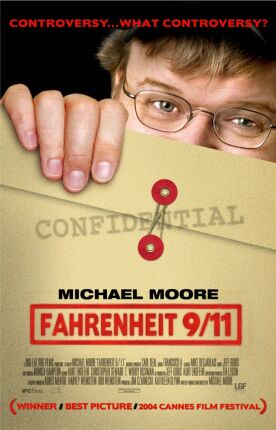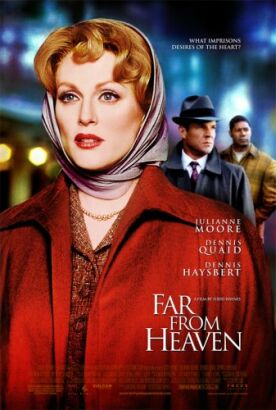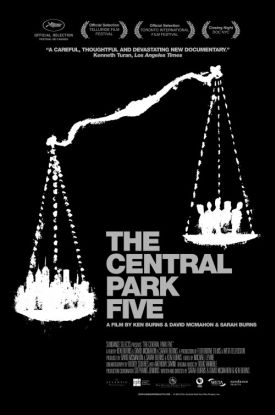Slamnation
Slamnation by Paul Devlin is a ridiculous if not often comical documentary about the growing fashion
of the “poetry slam” — a kind of competitive sport involving mostly
execrable poetry and the little clique of neurotics and borderline exhibitionists who write it for performance
before vast arenas of enthusiasts. The film tells the story of the national
championships of slamming of 1996, held in Portland, Oregon, and gives far too
much attention to the frankly boring business of slamming strategy and
gamesmanship, especially as expounded by one Taylor Mali of Team Providence, who
is apparently the acknowledged master of the art and, not coincidentally, even
more of a strutting popinjay than his fellow slammers.
To give Mali his due, his poem “Whatever” is the only one of those on display
here which is anything but flaccid, witless and self-indulgent. It is an
occasionally amusing little satire of fashionable inarticulacy, particularly
among the young “Where are those limbs
out on which we once walked?” he asks. “Cut down like the rest of the
rainforest?” (I give this line the
benefit of the doubt in supposing it intended ironically against the bien
pensant.) He concludes by challenging those he calls the
“aggressively
inarticulate” by alluding to the
bumper sticker:
“It’s
not enough to Question Authority/
You’ve got to speak with it
too.”
But one can’t help feeling that what he really objects to is not the
inarticulacy of the sloppy teenage
“Whatever”
so much as it is the understatement, the doubt. The aggressiveness of the
“slamming”
and
“rapping”
vocabulary (“This is poetry as war,” says the Austin Chronicle) suggests
a stridency that is curiously at odds with the subtlety and nuance which have
been the prime desiderata of poetry in English for, lo, these many years. But,
like Maya Angelou, these are a kind of poets who seem to believe that poetry is
just personal intensity and authenticity in vaguely evocative words.
Also like Ms Angelou’s works, most of these poems are political in the
broadest sense (and sometimes in the narrow sense too: in one scene a judge
holds up her score card where she has written next to the number: “F*** Newt!”)
and are intended for an audience of the progressive-minded.
This is only one of several forms of self-indulgence on display here. Beau
Sia, a Chinese contestant from New York offers a fantasy piece called
“When I get the
Money” — in which he imagines
himself able to buy MTV or the Stanley Cup, to throw out the first pitch at
World Series or to make white supremacists
“acknowledge my superiority in
Mandarin Chinese.” It is apparently a
liberating experience for these poets’ oppressed self-esteem to indulge in such
Baroque power fantasies. So “I am that
nigger” by Beau’s black teammate, Saul
Williams comes down in the end to “I
am god.”
In such
“poetry”
the mere mention of sexual or racial stereotypes in exaggeratedly ironic fashion
is enough to draw hoots of laughter from audience. Another of Beau
Sia’s fantasies invents a rumor that
“Asian men are hung like
horses” and the audience can’t decide
if Beau’s imagined revenge for sexual rejection or his ridicule of sexual
stereotypes is more funny. I confess that neither made me fall down laughing,
but then I am not the sort of person for whom such “poetry” is intended. Which
makes me wonder: can it be poetry at all if it depends on a partisan audience? I
believe not, yet these people appear to imagine they are doing something similar
to the great poets of the language. That’s the only real laugh in the movie.
Discover more from James Bowman
Subscribe to get the latest posts to your email.

